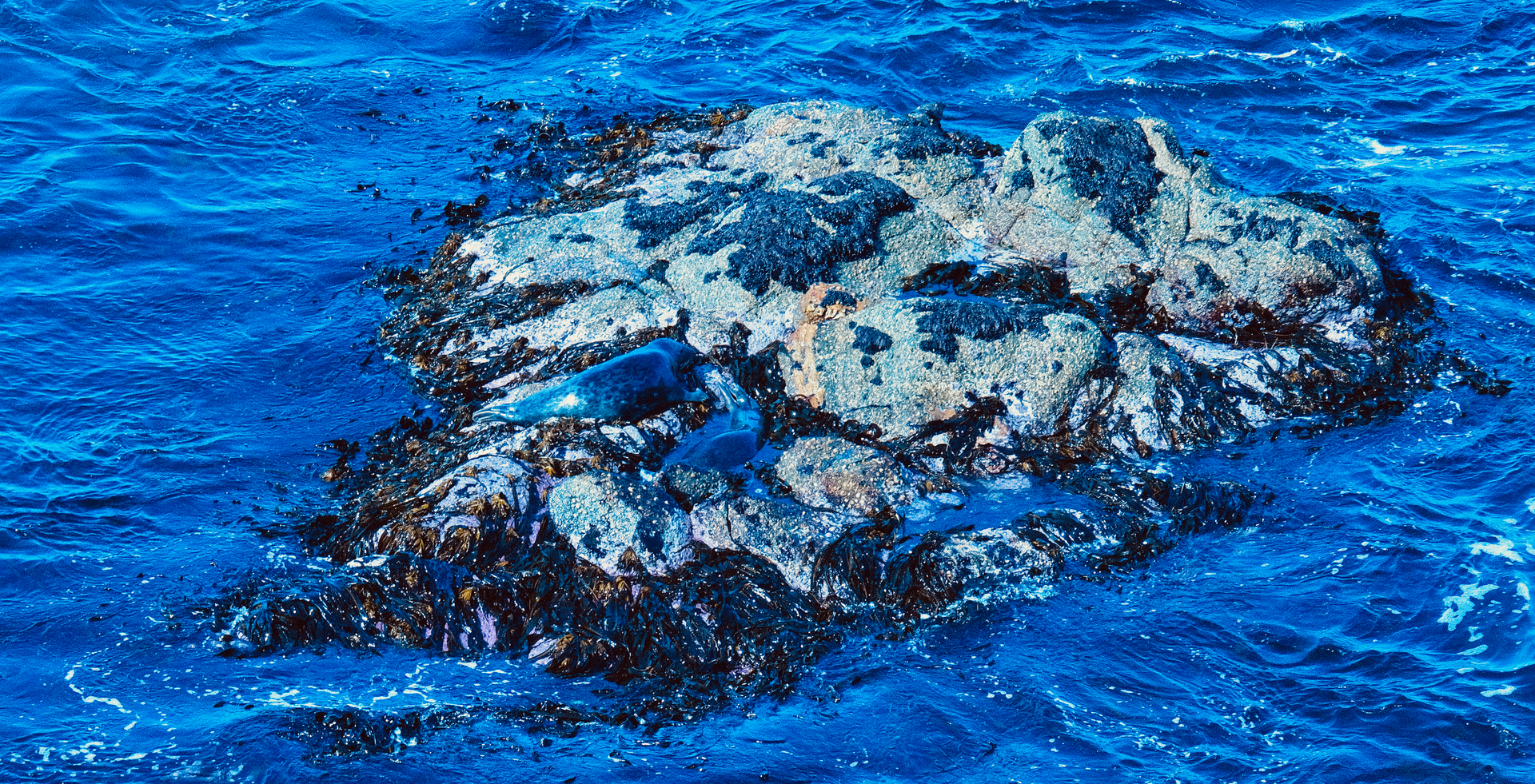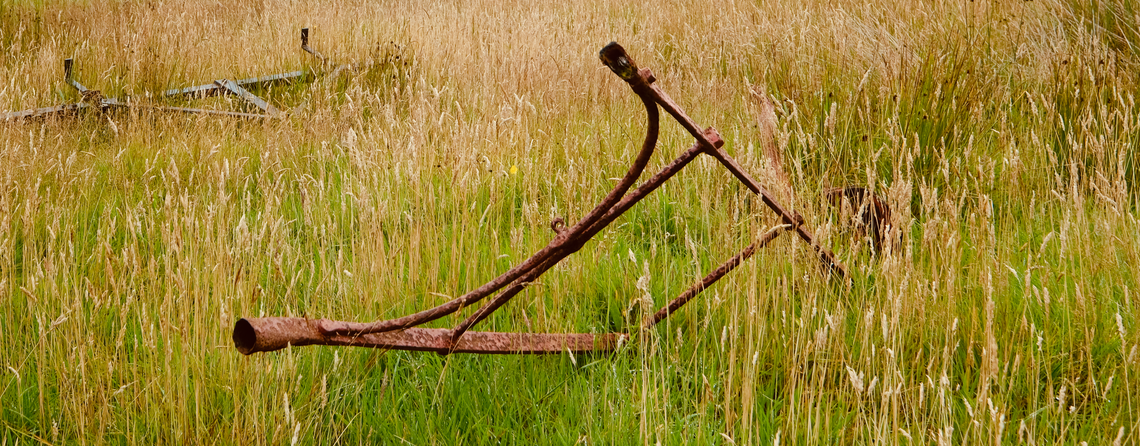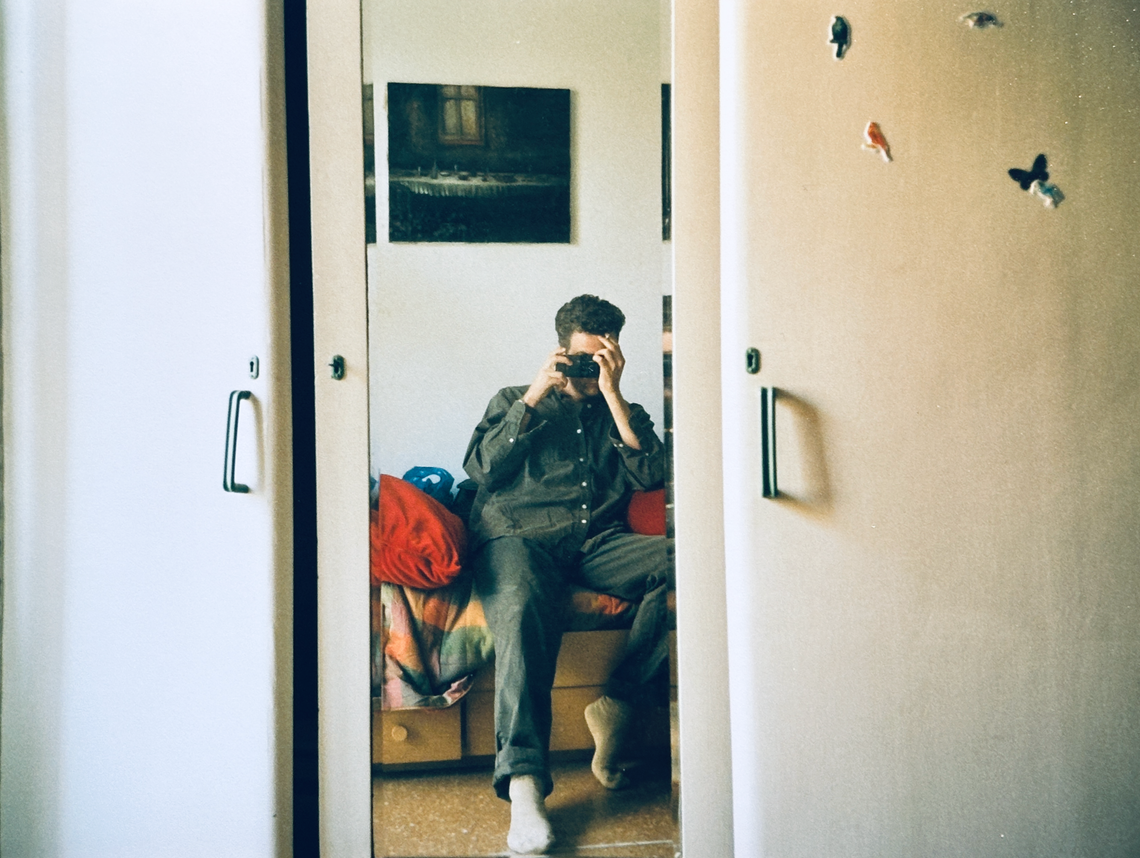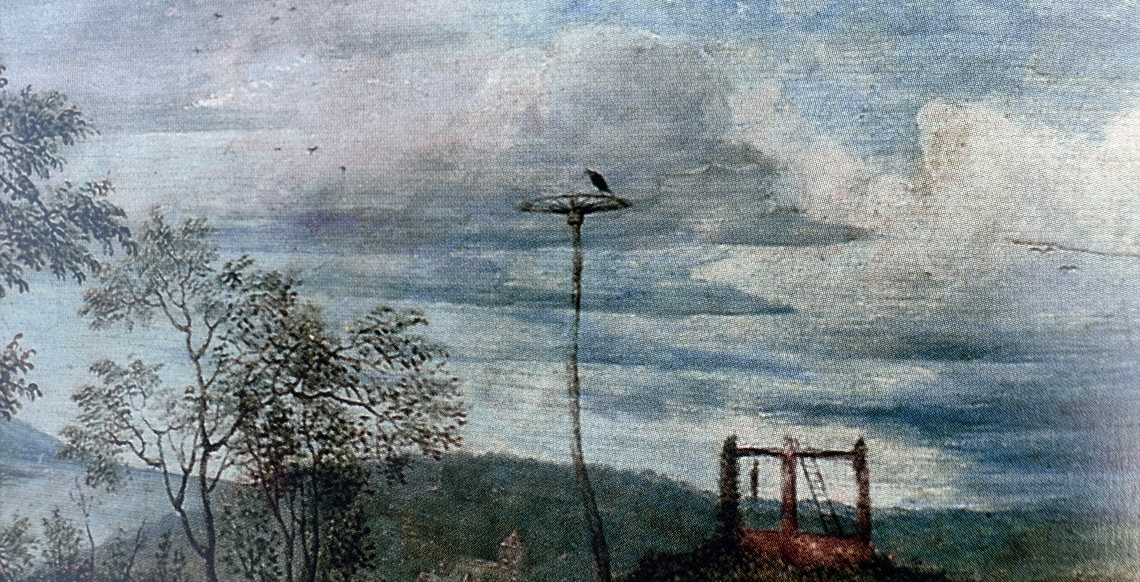Orkney is the mythological heartland of the selkie, shape-shifting seals which drag themselves up on to beaches at night, can shed their seal skin, translate themselves into human form. They are benign or malign presences, Protean in intent as well as form.
There are many stories in Celtic and Norse legend about the selkie, but a common version sees female selkies captured and married, and endlessly longing for the sea, their true selkie skin. Selkies live among us, alienated and sad.
And, mutable beings, they see into the mutability of time, have both deep knowledge and long foreknowledge. In The Odyssey, Menelaus, returning from Troy and becalmed with his crew on the island of Pharos opposite the Nile Delta, captures and holds the river god Proteus, ancient Mediterranean selkie, who has dragged himself up on the shore at night to sleep among his colony of seals; Menelaus holds him as he squirms through his gamut of forms (lion, serpent, leopard, pig, water, tree) until, revealing himself in his true form, he tells Menelaus what has passed and what will be.
...
Thus the selkie is the mythological counterpart of the poet: marginal, alienated, unsettled, Protean, blessed with prophetic gifts.
In his most famous poem, Hamnavoe—taught to generations of Orkney schoolchildren in order to instil in them a sense of place and belonging—George Mackay Brown wrote a little portrait of his father, John Brown, and of his father's place in the world, Stromness. John Brown was a tailor by trade, a maker of sloughed skins; but when George was a boy he was making his living as a Stromness postman.
John Brown was a gallant and a wit, by all accounts; but much later, George would recall how in the inner depths of his home, he revealed himself to himself as a restless soul:
To the Stromness folk, he was a cheerful man who could turn anything to laughter. But there was a melancholy strain in him; once or twice, as a child, I listened outside the door of his bedroom where he paced back and fore, uttering aloud his doubts and worries. Those soliloquys put a kind of wonder and disquiet on me. Perhaps I was beginning to realise that human beings are much more complex than they seem to be. We put on masks when we go out of our houses into the community.
Perhaps all parents have something of the selkie about them to their small children, carrying as they do the memory of an utterly different element: the deep years of the world before their child was born. John Brown wore the skin of a Stromness postman as he moved about the town, but he was psychically disporting elsewhere, in some other space-time.
George Mackay's mother, likewise was news from elsewhere. Mhairi Mackay had been born in northern Scotland, in Caithness, in a croft; her family were a dispersed remnant of the Clan Mackay, cleared in the nineteenth century from their Sutherland homes, eking a living as fishermen on the northernmost mainland coast. From her childhood village Mhairi could look across the grey and turbid Pentland Firth to Orkney, but she was Scottish, not Orcadian, and grew up a Gaelic speaker. She moved to Stromness as a teenager to work in the hotel, and all her Orkney life she would sing in Gaelic as she did the housework, a selkie-presence in unGaelic Orkney.
...
My father passed with his penny letters
Through closes opening and shutting like legends
When barbarous with gulls
Hamnavoe's morning broke
On the salt and tar steps...
George Mackay Brown, Hamnavoe
...
My mother was from the west of Ireland, and while not a native Irish speaker, was educated wholly (and for her, ruinously) in Irish through some dispensation of the Irish Free State. I can recall her muttering to herself in Irish as she peeled potatoes, or for the entertainment of my brother and I.
We lived at the time in a house which did not belong to us, and which we did not even have the security of renting (it belonged to the company my father worked for; he paid a peppercorn rent, took a hit on his salary, and was subject to their patrician whims). My mother assuaged her selkie longing and very human anxiety by attending the monthly auction in the county town, where she would bid compulsively on the cheapest lots—boxes of books, various; a box of bric-a-brac, miscellaneous; a 1930s radiogram (with no back) for a pound; a 1950s oscilloscope, which my brother spent the next few years, on and off, trying to make work; it was both a chance for my mother to play at middle-class county housewife, and, more covertly, to lay in ballast. She also bid on and usually won furniture so derelict and colossal it anchored us all in place: notably, an immensely heavy, faded-green Chesterfield with the springs gone on one side, which smelt of tomcat. My father lived in that Chesterfield for the next twenty years, piles of faded cushions doing the duty of springs. He whiled away his life watching TV, smoking, drinking whisky, on one occasion recovering over a weekend from a mild stroke he told no one about, like a tired old river god done with transformation. The world was moving around him and under him, but you wouldn’t have known it. His sons grew up, went to university, left home; his wife grew more and more desperate in her anxiety that, one moment to the next, they would be without a home of any description. Without any standing in this world they had come to inhabit.
This was not the freedom she still craved. My father, safely ensconced in the Chesterfield, batted away her frequent furious sallies in immobility, impassivity, silence, gloom. He wouldn’t stir himself, couldn’t be budged.
My mother navigated the conflicting currents and winds of her world poorly. She raged, but like my father, she had no plan. She wanted a settlement, and to that end she had created from the flotsam and jetsam of her and my father’s inherited circumstances, their late hasty marriage, the simulacrum of a living settlement. But her solution, through no fault of her own, was all smears of paint in someone else’s house and furniture that looked like nice furniture but was just so much wonk and sag, and the persistent stink of some other family’s cat.
She span her gears in the middle of it all, our family interactions a turmoil of endless complaint and sudden fits of fresh solutions, solutions which only added to the chaos.
As bourgeois settlements go, it was about as close to a ramshackle tumbledown scavengers’ camp as you could wish to find.
...
In the end, when my father turned seventy and retired, he cashed in one of his two pensions and, qualifying as a first-time buyer, bought a quarter of a starter home a dozen miles from Norwich, a town neither had any knowledge of or prior association with. Selkies washed up on a new alien shore.
I don’t know what happened to the Chesterfield because when they made that final move, I was living in Italy. But ironically, my father never stirred himself better than on the brink of a move to a new house. My parents had moved often, and he had a system. He was, by my mother’s admission, a genius of systemisation. When he could be bothered. My mother only wanted to bundle her things anyhow in a bag and be off; my father, translating ruthless instincts into rational plans, insisted on sorting, on separating, on discarding.
But rigorously sorting things in this way, instead of merely abandoning them, is a principle of staying put, not moving off; a hygiene of remaining which my father would activate, a protest of the sedentary, only on the brink of departure.
In the weeks before he died, he directed my attention to a black leather folder in which he had written out the mechanics of their finances, which money went out of which account, how it might best be consolidated, how much my mother might have to live on after he was dead. But I see now this was not the calm gesture of a man ready to make his final journey; it was another bureaucratic finagle, an attempt to forestall the inevitable move to a new cold rocky shore, and the discomfort of a shed skin.
...
The boats drove furrows homeward, like ploughmen
In blizzards of gulls. Gaelic fisher girls
Flashed knife and dirge
Over drifts of herring...
...He quenched his lantern, leaving the last door.
Because of his gay poverty that kept
My seapink innocence
From the worm and black wind;
And because, under equality's sun,
All things wear now to a common soiling,
In the fire of images
Gladly I put my hand
To save that day for him.
George Mackay Brown, Hamnavoe




